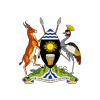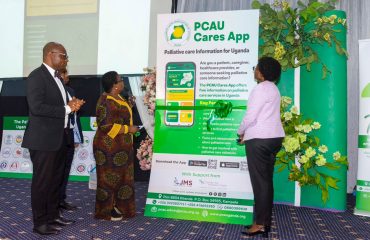Ms. Elizabeth Kaijuka, a Public Health Officer with UNEPI, has highlighted the significant milestone Uganda is about to achieve as the 19th country to introduce a malaria vaccine. Uganda will adopt the R21 malaria vaccine, becoming part of a global effort to combat one of the most significant health challenges. Uganda ranks as the third highest contributor to malaria cases worldwide and the eighth highest contributor to malaria-related deaths, accounting for 3.2% of global malaria fatalities. Malaria remains a critical issue in Uganda, responsible for 33% of outpatient department visits, 22% of hospitalisations, and 11% of deaths. Among children under five, malaria causes 14% of fatalities, a stark reminder of its impact.
The economic burden of malaria on Uganda is substantial. In 2019, the government spent $32 million on prevention and treatment, while families incurred an average cost of $3 per malaria episode, representing 15% of their monthly income. To address this challenge, Uganda has implemented several interventions, including case management with antimalarial drugs, vector control through insecticide-treated nets, indoor residual spraying in specific regions, preventive treatment for pregnant women, and mass drug administration.
The malaria vaccine will complement existing interventions. Evidence shows that using nets alone reduces the malaria burden by 45%. When combined with the malaria vaccine, the burden decreases by 73%, and with additional seasonal malaria chemoprevention (SMC), the reduction reaches 78%. A fully integrated package of nets, SMC, and the malaria vaccine reduces malaria cases by 92%.
Uganda’s malaria vaccine rollout, set for April 2025, will be the largest globally. The vaccine will target children under five in 105 districts with moderate to high malaria transmission. These districts report annual malaria cases ranging from 250,000 to over 750,000 per 100,000 people. In the first year, approximately 1,128,027 children will receive 3,002,008 doses of the R21 vaccine. This number is expected to rise to 1,158,034 children receiving 4.1 million doses in 2026. The vaccine schedule includes four doses administered at six, seven, eight, and 18 months.
The vaccine introduction will align with routine immunisation programmes and utilise Uganda’s immunisation pillars: programme management, service delivery, logistics and supply chain, advocacy, social mobilisation, surveillance, monitoring, and evaluation. Progress has been made across these pillars to ensure a seamless rollout. A comprehensive vaccine introduction plan has been developed, funding has been secured through GAVI, and a technical working group is coordinating efforts.
Training materials and updated guidance for health workers have been prepared. A detailed logistics and distribution plan is ready, and data collection tools have been updated to include the malaria vaccine. National and district readiness assessments are underway.
Community engagement is critical for the vaccine’s success. Efforts include a study on knowledge, attitudes, and perceptions of malaria and immunisation, as well as the development of a malaria vaccine introduction handbook. Stakeholders will use this resource to generate demand and educate communities on the importance of the vaccine.
The introduction of the R21 vaccine is a significant step in Uganda’s fight against malaria, promising to save lives and reduce the disease’s economic burden. By integrating this vaccine into its existing malaria control strategy, Uganda aims to create a healthier and more resilient population.


